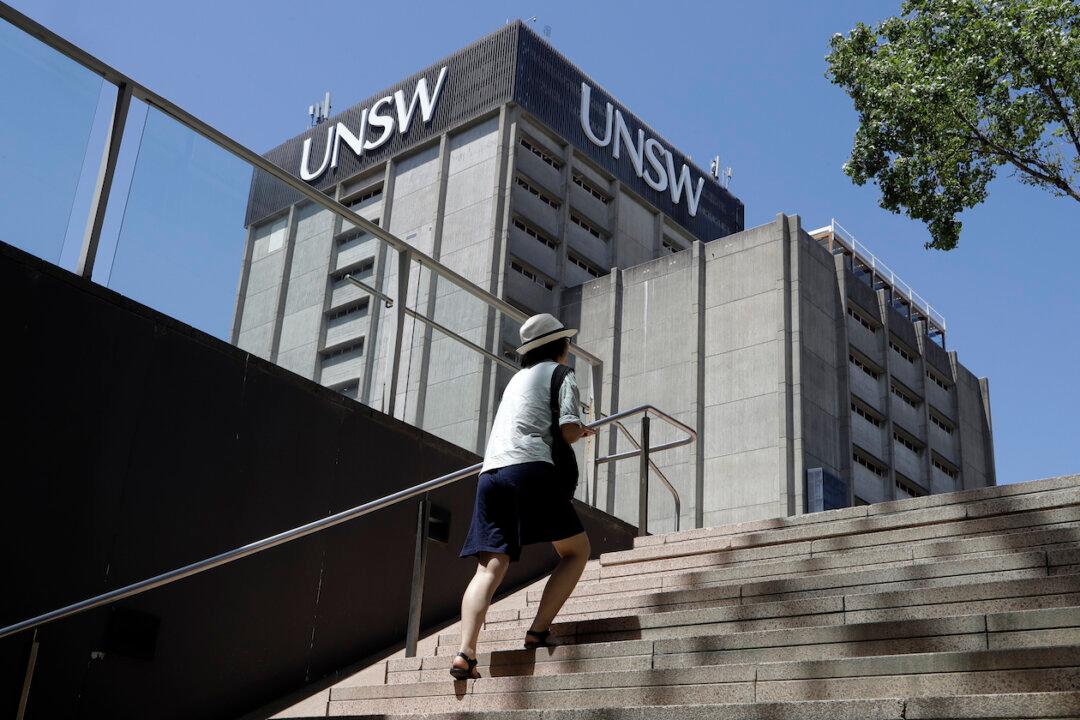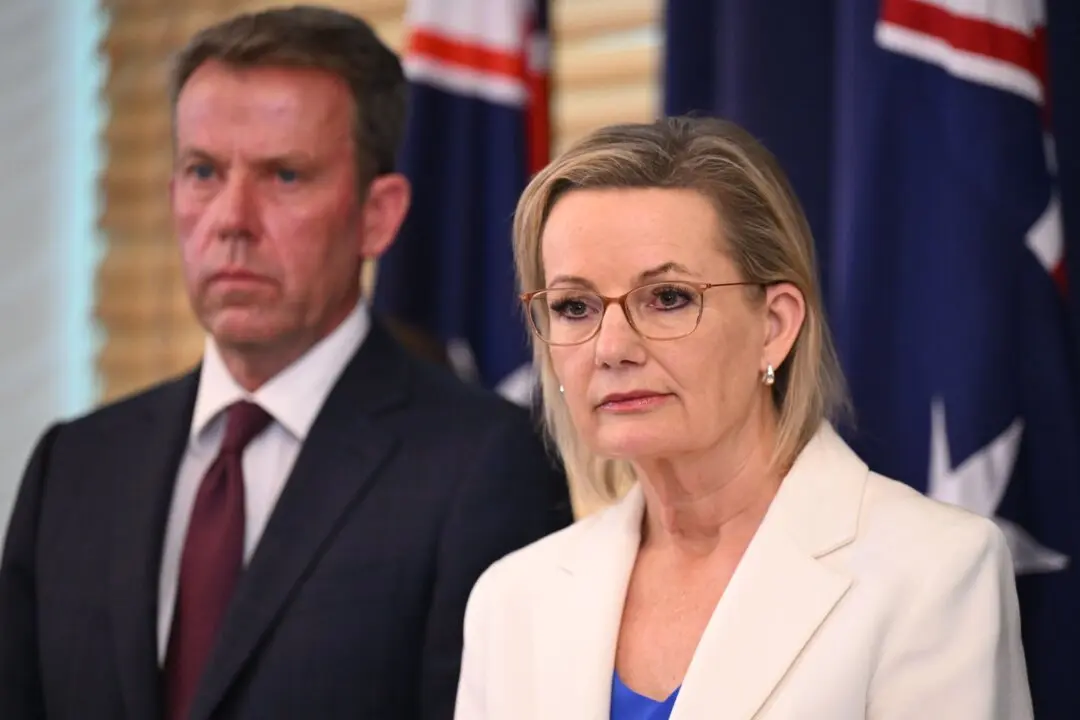Industry groups representing Australian universities are backing the federal government’s move to explore how the sector can better commercialise research and technological developments.
The proposal comes as the tertiary sector grapples with a post-COVID economic environment, which has seen the sector shed 17,300 jobs and lose over $1.8 billion in revenue over the past year.





